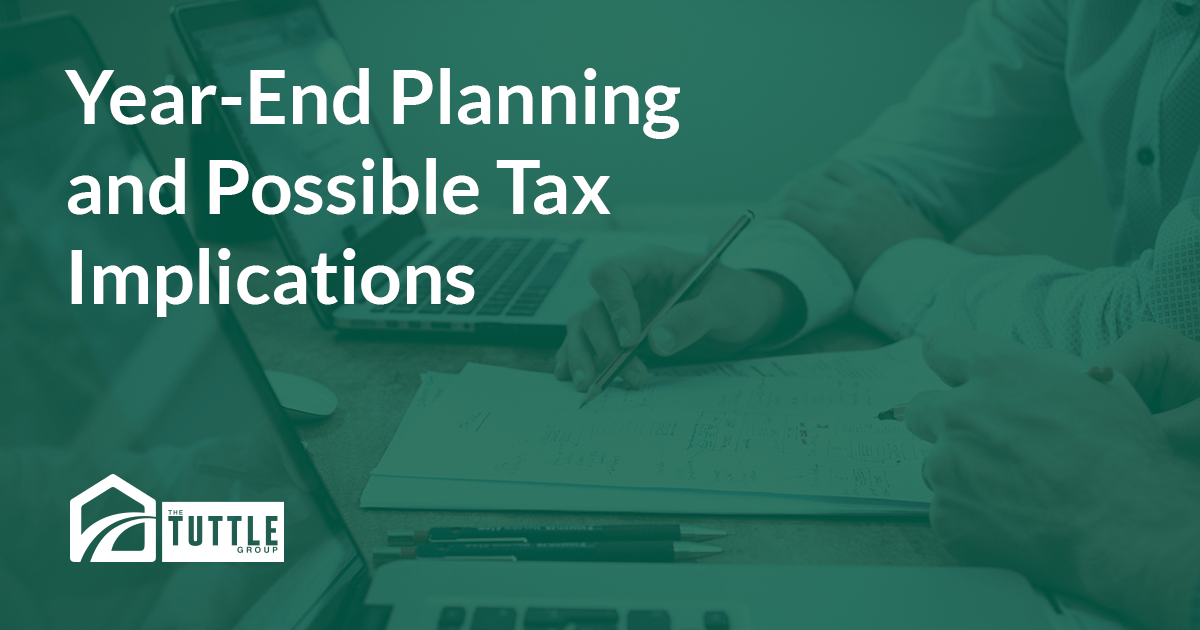
With the new tax reform, means that some advanced planning on your part could result in some financial savings. A new tax reform could be effective as early as January 1, 2018. It would impact rate brackets, capital gain rates, standard deductions, and a mortgage interest deduction.
Your Home Mortgage
It looks like the Senate bill would leave current deductions for mortgage interest alone, with the exception of home equity loan interest. There would be new rules for incurred mortgage debt after November 2017, however. There would be debt refinanced that can work as a deductible, up to the $1 million/$100,000 limits.
As the House bill stands to be passed right now, only the mortgage debt incurred with a person’s primary residence would be deductible. No home equity loans or second-home mortgages would be included.
It’s a good idea to check with your lender to see if you can accelerate a mortgage payment from January to December. This would result in a higher deduction for you to take in 2017.
Other Obligations
There’s a long list of obligations that you might be dealing with that could be affected by the tax bills. This includes everything from moving expenses to education expenses.
It’s important to read through what all of the tax reform line items are so that you can determine which ones are going to impact you and your taxes.
Your Year-End Plan
You need to find out what would be reflected on your 2017 Form 1098 before you do anything having to do with your mortgage. It might be worth a call to your lender to see if you should adjust a payment.
If you’ve been thinking about selling your home, it might be wise to stay put for longer. Otherwise, you might have to pay taxes on the gain from the sale.
You should consider sitting down with your tax accountant to find out how you can protect yourself. The reform could affect your home mortgage as well as various other deductions that you’re used to taking on your taxes. How much of 2017 it will affect is still unclear so a bit of planning can go a long way.



